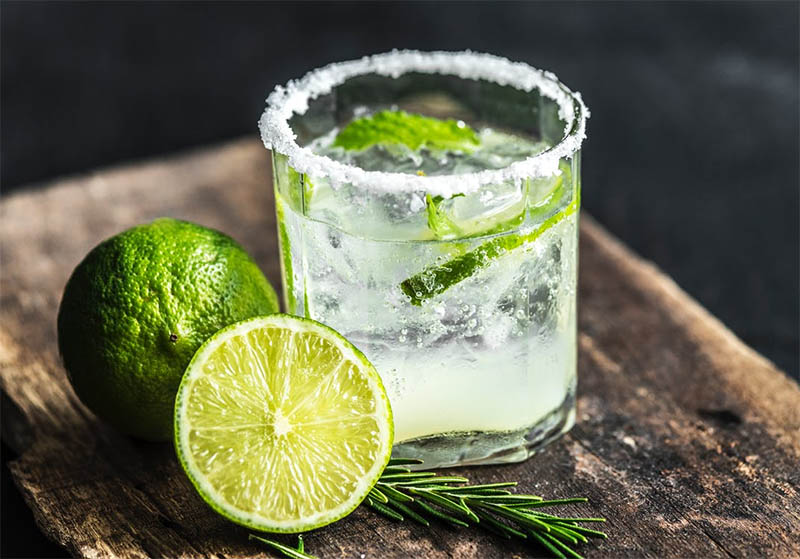
by Herb Exchange | Apr 7, 2019 | Culinary Herbs, Miscellaneous |
A Cocktail Herb Garden
When it comes to cocktails, most people probably focus on the alcohol that goes into them. While alcohol is one of the major components in cocktails, you can take yours to the next level by adding various ingredients. It takes some creativity to make a beautiful cocktail. Things such as garnishes, rims adornments, herb infused syrups, and bitters can dramatically change the taste and flavor of a cocktail. However, herbs remain the most underrated when it comes to mixing cocktails. The good news is that you don’t have to be a connoisseur of drinks to come up with a great herbed cocktail or mocktail drink. Here are some of the herbs you can add to cocktails and how to go about it. Read below for the best herbs for cocktails to grow in your garden!
(more…)
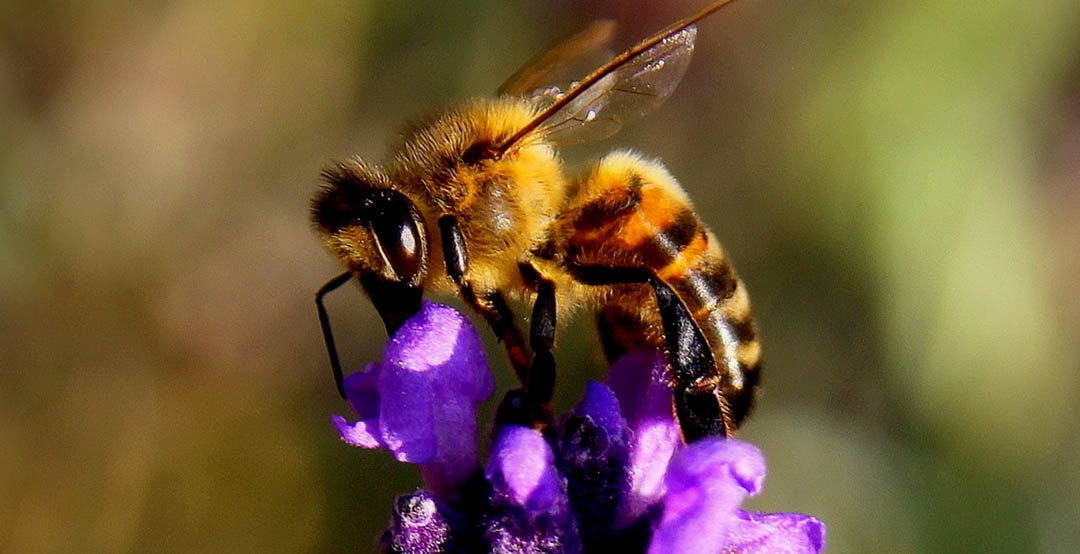
by Herb Exchange | Apr 3, 2019 | Basics, Flowers, Gardening, Wildlife |
No doubt, you are somewhat familiar with the plight of the pollinators. If you listen carefully, it feels as if so much of our natural world is facing a challenge, and it is, but there is something that all gardeners can do to help. Plant a garden packed with the right plants for these pollinators.
We are placing our focus on bees right now, as bees are the most critical pollinator we have. To refresh your memory, the issues facing bees are simple:
- Loss of flowering plants
- Loss of habitats
- Pests and diseases
- Climate change
We want to think that all of us can affect change, and make a difference, and in this case you can. If we focus on the loss of flowering plants, we can definitely be of service to bees in our world. If the problem is the loss of flower-rich habitats, the solution is to plant the best varieties of plants that provide both pollen and nectar. We grow herbs, and over 60 of our herbs are considered bee friendly. (more…)
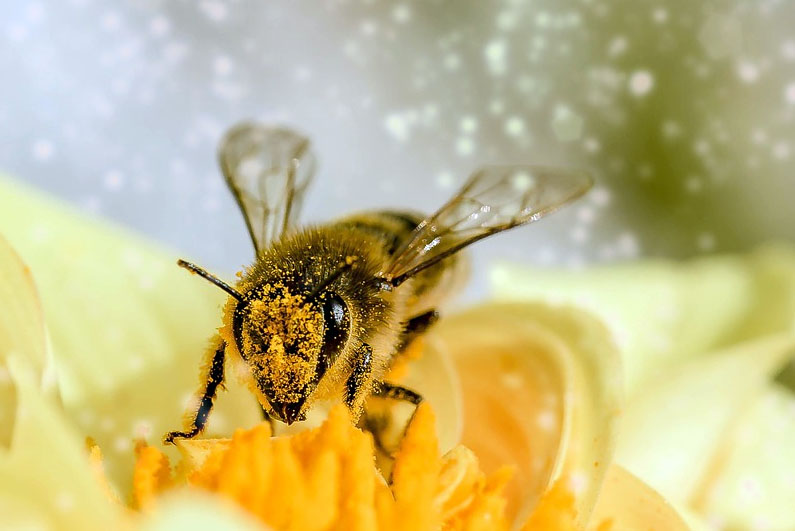
by Herb Exchange | Mar 28, 2019 | Flowers, Gardening, Pests and Problems |
Truth be told: I’m a huge fan of apocalyptic or dystopian fiction. Or, a fancier term, ‘speculative fiction’. Meaning the ‘what ifs’ in life; what if there was a pandemic, a nuclear explosion, or some cataclysmic event that creates a VERY challenging world for those left behind.
I’m no writer, but if I was, I think an interesting topic that could jump start one of these novels would be the elimination of pollinators from our natural world. Oh, wait. That is already happening. Let’s consider the bees. We, and I’m including myself in this collection, are terrible for bees. We’ve caused pollution, we’ve destroyed a lot of their habitat and the use of certain pesticides have threatened their existence. There is also the issue of a parasitic mite that is a huge contributor to their decline.
Bees. Did I mention that we can’t live without them?
(more…)
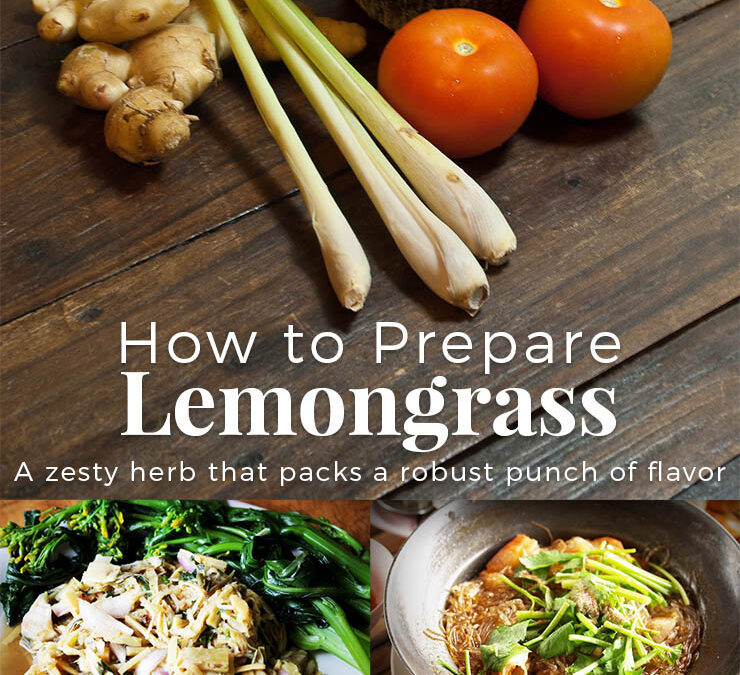
by Herb Exchange | Mar 19, 2019 | Recipes |
Many cooks have never cooked with Lemon Grass – what a shame! Lemon Grass is an easy, zesty herb that packs a robust punch of flavor to many recipes. Lemon Grass has a plethora of health benefits, especially when paired with other flavorful spices such as Garlic, Coriander, and fresh Chilies.
Cooking with Lemon Grass is as easy as can be.
Simply cut off the lower bulb and remove the tough outer leaves. Most recipes call for the main (yellow) stalk, though some cooks reserve the upper green stem to add to soups and curries for extra flavor. (more…)
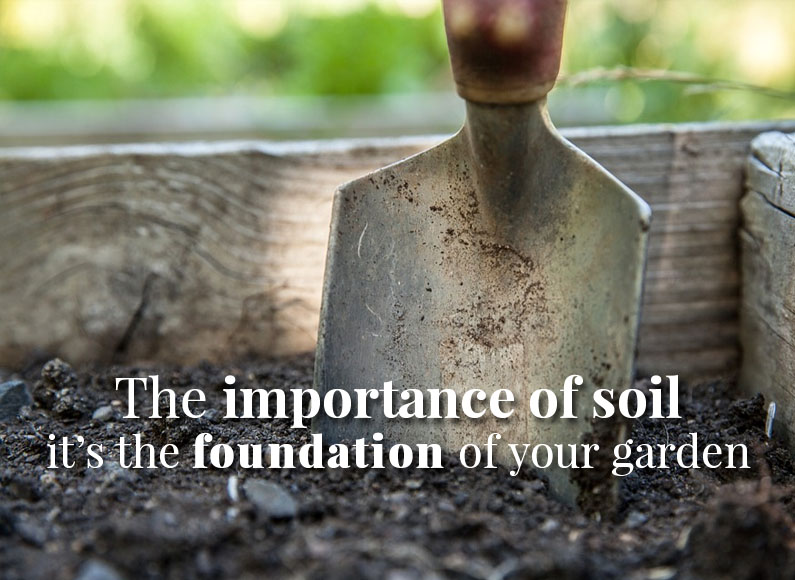
by Herb Exchange | Mar 3, 2019 | Basics, Gardening, Growing |
We’ve written a lot about soil over the years, mainly passing on information that we’ve gathered over 40 + years of gardening. And, although this basic element is so essential to the success of any herb garden, and you’d think we ‘knew it all by now, there is always more to share!
We can’t emphasize this enough: knowing your soil, and understanding what to do to improve your soil, is the most important thing you can do to guarantee healthy and happy herbs. Nutrients must be available to plant roots. Too sandy and porous means that the nutrients are not going to stay in the soil, and will not get to the plants. Too compact and heavy, the soil won’t give up the nutrients and compaction around the roots means that you run a good chance of losing your herbs.
Good soil is the foundation for healthy herbs:
- Soil provides access to nutrients, water, & air
- Soil stabilizes a plant’s roots
- Soil assists a plant’s natural resistance to pests and diseases
We classify soil in terms of its consistency:
- Sandy soil is easy to dig, but it doesn’t hold nutrients or moisture. On its own, sandy soil cannot provide your plants with the necessary ingredients for growth.
- Heavy Clay soil is heavy and the clay tends to bind the soil, not allowing air to penetrate and holding water risking rot of your roots. Additionally, that sticky soil will not release the needed nutrients.
- Loamy soil is a perfect balance that provides your plants with moist and crumbly soil that smells rich and ‘earthy’. A significant component of this wonderful blend is compost, decomposed organic matter sometimes referred to as humus.
(more…)





